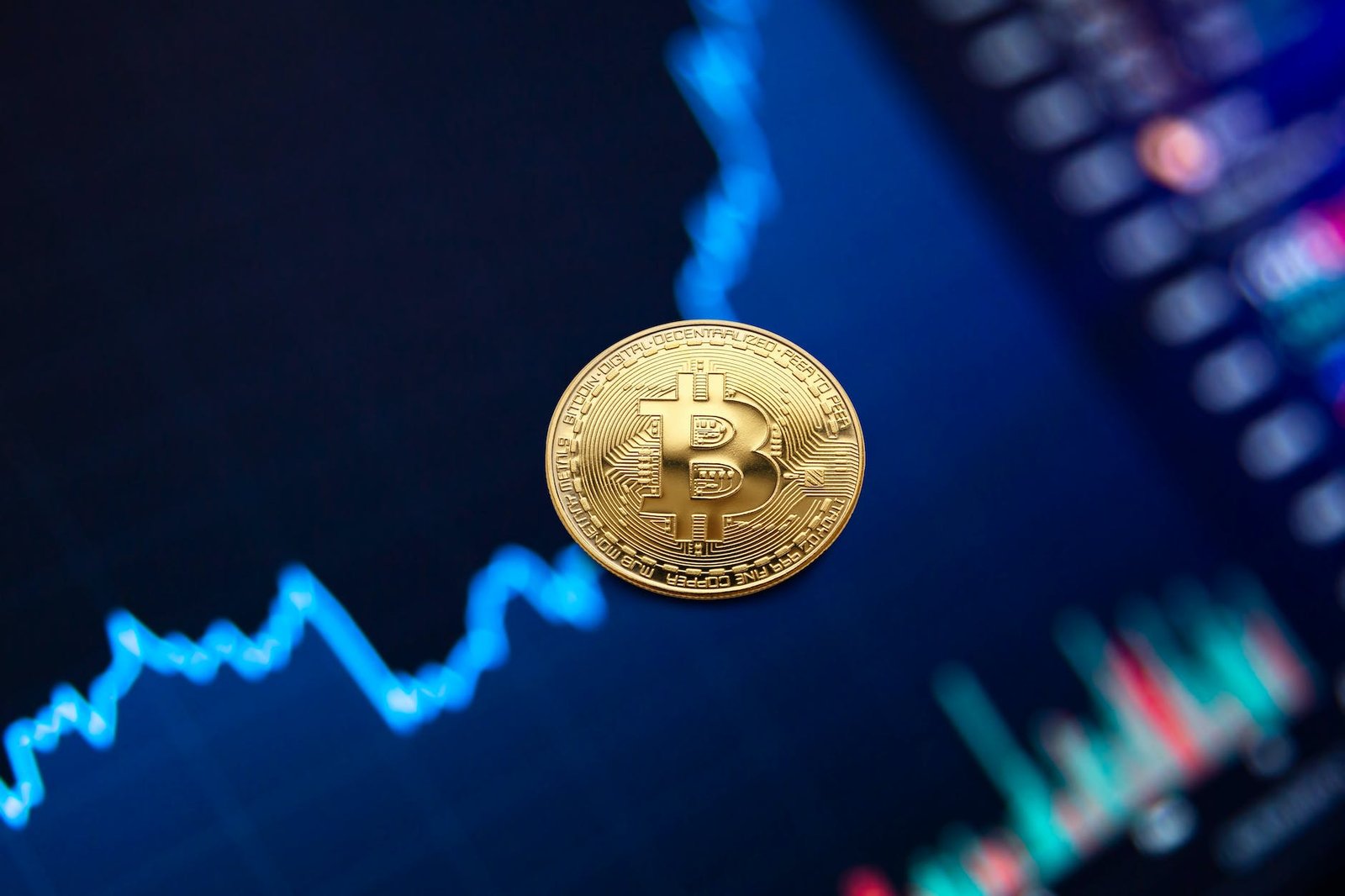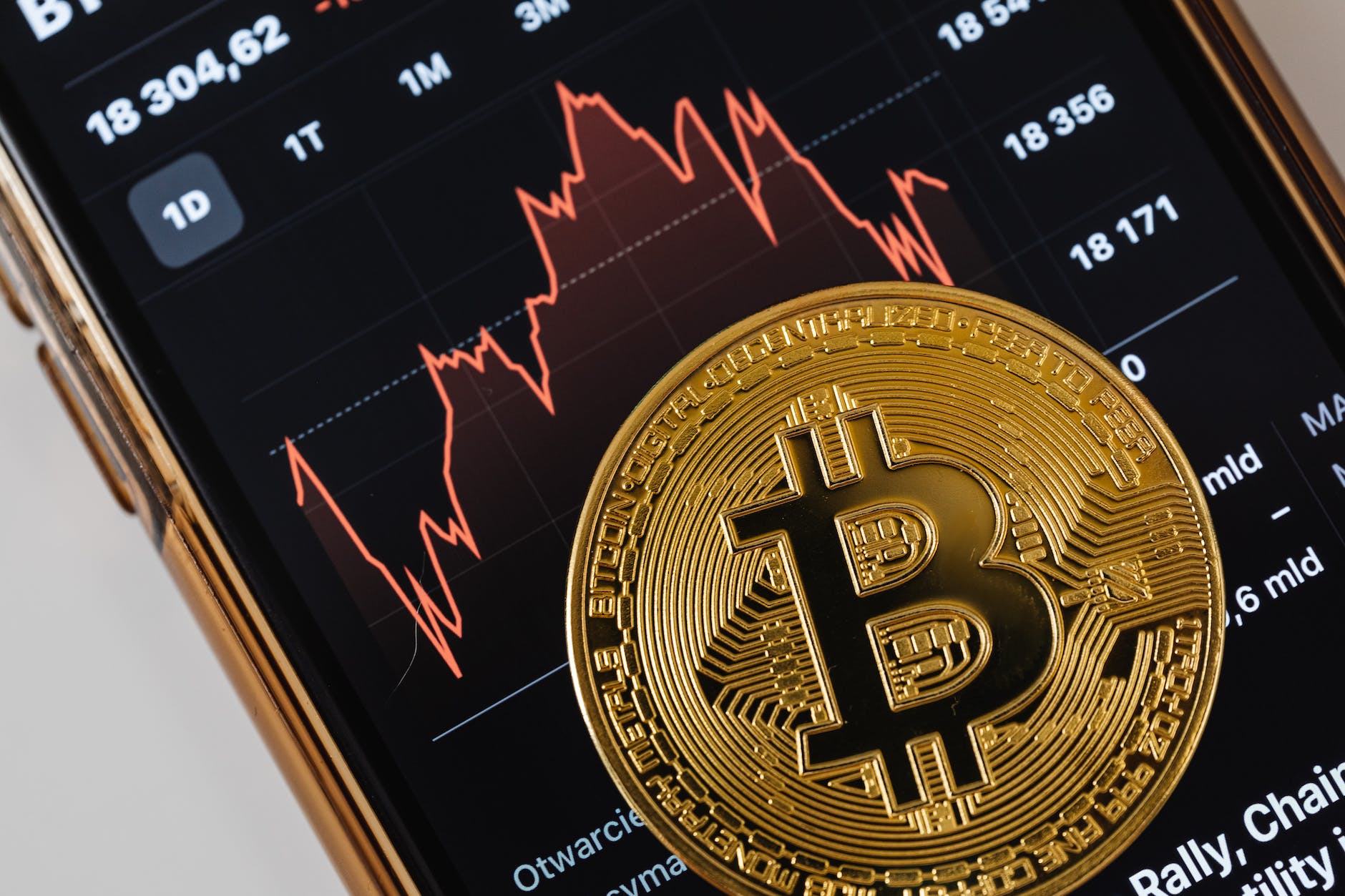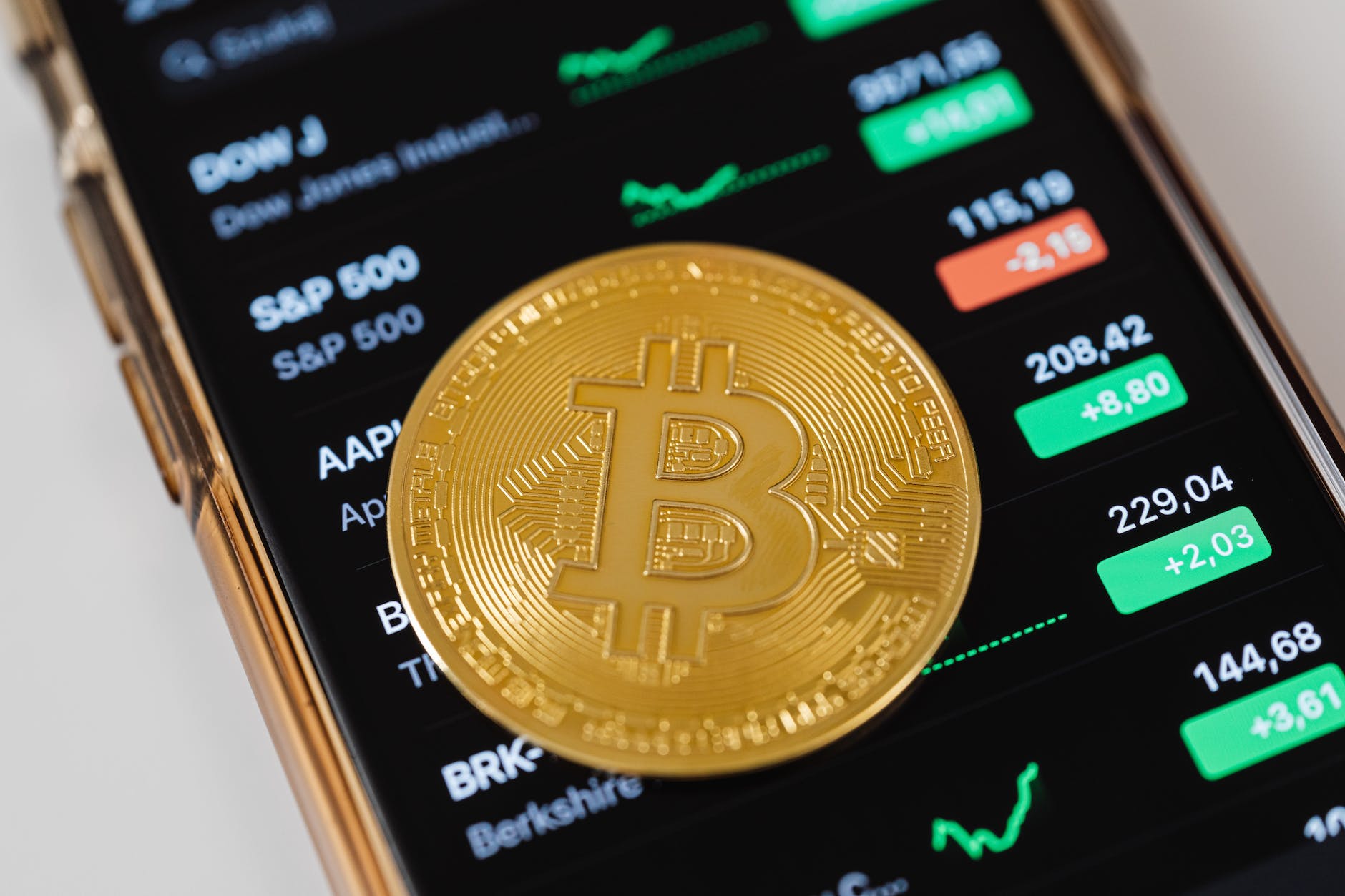[ad_1]
As Bitcoin becomes more widely accepted in Nigeria, the country offers lessons in self-custody practices for Bitcoiners in developing nations.
Casa recently hosted a virtual conference, Keyfest, during which Peter McCormack of the “What Bitcoin Did” podcast hosted a conversation with Obi Nwosu, the cofounder of U.K.-based bitcoin exchange Coinfloor, and Nick Neuman, the CEO of Casa. They discussed the future Bitcoin, specifically in the context of developing world nations, such as Nigeria.
El Salvador really took the spotlight through 2021 in terms of Bitcoin adoption in developing nations. The legal tender law and the scale at which things were rolled out in response to that legislation were truly historical and at a scale unlike anything that has happened in the history of Bitcoin. There has never been a top-down directed adoption of Bitcoin like this anywhere else in the world and regardless of the hiccups that have happened along the way so far, or any potential pitfalls that could still lay ahead, this is a development for the history books.
But it’s not the only example of large-scale adoption occurring in the world today. Another example from the other end of the spectrum — a ground-up organic growth as opposed to top-down, state directed one — is happening in Nigeria in West Africa.
Nigeria’s Growing Bitcoin Acceptance
As told by Nwosu during the Keyfest panel, most people in the country did not have a positive view of Bitcoin at all. In fact, many had quite a negative perception. Initially, most Nigerians associated Bitcoin with internet ponzi schemes such as OneCoin, Bitconnect and the like. These types of scams and ponzis are rife in Nigeria, and as Bitcoin continued growing in size and value, it became more frequent for it to be used as the requested mechanism for scammer’s victims to send payments. There was no real conception, according to Nwosu, that Bitcoin was something independent of and unrelated to the scams people fell victim to, they simply viewed it as another facet of them.
This began to change in the wake of a popular wave of protests in 2020 (though the movement behind them began in 2017). In Nigeria there was a special unit of police officers called the Special Anti-Robbery Squad (SARS) tasked with specialized enforcement and investigation to combat robbery, carjackings, kidnapping and firearms crimes. The unit was formed in 1992, and has a long history of links to extrajudicial killings, disappearing people, extortion and torture.
Protests against this police unit gained wide popularity in October 2020 and after a short period, banks in Nigeria shut down the accounts of protestor aid groups and began preventing them from accepting donations in support of the movement. This led to these groups looking to Bitcoin to accept donations, and after this successfully led to international support for the protestors, this moment planted the seeds of the attitude toward Bitcoin in Nigeria slowly shifting in a positive direction.
In early 2021 in response to this shift, as well as a massive drop in the remittances to Nigeria through legacy rails dropping by almost 30% in the prior year, the Nigerian Central Bank banned banks in the country from interacting with cryptocurrency businesses. Despite this restriction, perhaps even because of it, the growth of Bitcoin in Nigeria has continued.
What Nigeria’s Bitcoin Acceptance Can Teach The World
Nigeria’s ground-up growth in the face of systematic government opposition to the use of Bitcoin is an inspirational story and a very valuable case study in terms of Bitcoin’s ability to thrive in an adversarial environment, but it also illuminates some of the unique obstacles for users in a developing country such as Nigeria.
Corruption is a massive problem in the country, as evidenced by the scandal surrounding the SARS police unit that instigated this massive public perception shift of Bitcoin in the first place. This introduces a lot of issues in terms of importing any kind of hardware device related to Bitcoin.
Anything coming into the country, which is essentially any hardware wallet that could be used to store bitcoin (because no major wallets are produced in Nigeria) must first pass through customs before getting into the hands of the user ordering it. This is a big potential risk to the user attempting to acquire a more secure mechanism for storing their coins.
It is very possible that customs agents could tamper with devices entering the country in a way that could lead to compromising people’s bitcoin when the device is initialized and coins are sent to it. They could even completely replace the device with a malicious one.
Most hardware wallet manufacturers take some steps to package their devices in such a way as to make such tampering evident, but not every company’s solutions to this problem is of equal quality, and some manufacturers do not engage in such practices at all. Some manufacturers have multiple layers of checks in the packaging, as well as combinations of checks on the actual device itself. Some companies simply employ basic tamper-proof stickers that cannot be resealed after opening.
At the very least, it is possible for a customs agent to simply steal or confiscate the device and not let it into the country at all, thereby costing the person ordering it a non-trivial amount of money for nothing. This, combined with the fact that many people do not have much bitcoin in dollar terms, puts most Nigerians in a situation where a smartphone is their only viable option for self custody. It doesn’t make economic sense to spend $100 on a hardware wallet when you only have maybe $100 to $200 dollars of bitcoin in the first place. It especially doesn’t make sense to do so when considering all of the risks of acquiring such a wallet in the first place.
Another factor related to the dynamic of self custody is simply the economics of interacting with the blockchain. Many Nigerians simply keep their coins on exchanges in custodial wallets because of the simplicity of managing things, and the economics of dealing with their own transactions on chain. This presents a big risk with the coming wave of FATF Travel Rule compliance rippling across the world right now. Countries like Estonia have already moved to increase KYC requirements in the process of implementing the FATF Travel Rule policies in legislation, and it is very possible that other countries might follow a similar example over the next year.
If such a laws were to be adopted in Nigeria, this would create a “digital apartheid,” as Nwosu put it. Coins stuck on custodial platforms would only be useful for interacting with other custodial wallets, with all of the involved users’ activities completely surveilled and tied to their legal identities. Coins self-custodied by people anonymously would begin existing as a parallel system, unable to interact with any custodial services. This is obviously not a good thing, but there is also the potential for this to be a motivational kick to build even more peer-to-peer services and infrastructure in response to such an occurrence.
Given that Bitcoin really started exploding in Nigeria because of the government cracking down on it, if such a restrictive move was to create a positive outcome in the long-term anywhere, I think it would be somewhere like Nigeria.
One potential solution to prevent Nigerians from being trapped in such an FATF digital apartheid system is something that has existed in one form of another for years now: collaborative custody. Multisig is an extremely powerful tool that Bitcoin provides to people, and when looking at the two major problems outlined above that present themselves for Nigerians securely custodying their own bitcoin, it can be an incredibly powerful tool for them.
A smartphone can be a very dangerous storage mechanism for someone’s bitcoin, but combined with multisig and a friend or family member’s device, the security of a smartphone wallet can be dramatically improved. This could enable families and groups of friends to collaboratively manage their bitcoin holdings in a way that would not expose everyone’s bitcoin to a single point of failure when self custodying.
To take things a step further, although not necessarily alleviating the supply chain and customs risks, collaboratively custodying funds in a group using multisig can also alleviate to a degree the costs of purchasing a hardware wallet in relation to the value of the bitcoin you are securing. It might not make economic sense to spend $100 on a hardware device to secure a few hundred dollars worth of bitcoin, but if you get a close group of 10 to 15 friends and family members together who collectively might own a few thousand dollars of bitcoin, spending a few hundred on hardware devices to manage that bitcoin more securely might make sense.
Working together in communities as opposed to independently as an individual, as much as this might sound against the principals of Bitcoin to Westerners, allows people in a country like Nigeria to overcome the barriers of using Bitcoin in a self sovereign way that result from the inescapable costs of interacting with the blockchain directly. And to boot, it actually synergizes very well with the traditional African culture of relying heavily on family and friends to deal with things in life. In a culture based heavily around tight-knit communities looking after each other, this model of interacting with Bitcoin makes sense.
Coming back to El Salvador again momentarily, El Zonte has actually pioneered exactly this type of Bitcoin model to the extreme. The Galoy Bitcoin wallet that the town uses is actually a custodial community bank backed by a multisig vault run by trusted members in the community. A town of 3,000 people have been successfully using such a community Bitcoin Bank for years.
That’s right, 3,000 people. Now, that might not be a viable trust model in something like a larger city, with much more impersonal connections across larger social groups, but this is a demonstration of how largely such a collaborative custody model can scale when there is that tight social interconnection between people. Most of the funds held by the bank are stored in an on-chain multisig wallet, with a small amount of funds online in Lightning channels to allow people using the Galoy wallet to transact off chain with people outside of the community bank. It also obviously allows purely custodial transfers between users of Galoy.
This type of model is already implemented in Galoy, and could easily be implemented by local Bitcoiners in Nigeria. As well as Galoy, there are multiple other software suites that can accomplish the same set up. LND Hub implemented by Blue Wallet, LNBits by Ben Arc and LN Bank currently being worked on by Dennis Reiman of BTCPay Server. All of these software projects allow an accounting system to be set up on top of a Lightning node and allow multiple users to transact using one node’s channel. As long as there is a trusted operator or operators in a community or social circle to operate the node, anyone willing to trust them can have a cheap and cost effective way to transact using Bitcoin.
The reality of the developing world is that, given the average income of someone in a place like Nigeria, there are numerous economic barriers that make it very expensive in the long term to engage in self custody with the degree of security most Western Bitcoiners are accustomed to.
Without waiting for long-term price appreciation of bitcoin, people either have to settle for subpar security setups or leave things in the custody of a third party. The notion of a collaborative custody model affords people the option to participate directly in a multisig setup with other people and improve the security of funds that they maintain some degree of direct control over. Or, if that is not practical, to at least rely on a custodian that is a trusted family member or friend with a real social connection to them. That is an unbelievable improvement compared to a corporation with an impersonal relationship ultimately based around trying to find some way to make money off of a user as a customer.
Places like Nigeria are demonstrating that Bitcoin can indeed thrive in an environment where government’s are being openly hostile to its existence. Outside of the box thinking along the lines of community banks and multisig collaborative custody can provide tools to people in such an environment which allow them to make more optimal tradeoffs between the security and utility of their interactions with Bitcoin. If people embrace them, Bitcoin has a very bright future ahead in places like Nigeria, and so will the people who use it.
This is a guest post by Shinobi. Opinions expressed are entirely their own and do not necessarily reflect those of BTC Inc or Bitcoin Magazine.
[ad_2]
Read Full Story
Microsoft Pledges Long-Term AI Investment in the UK
April 9, 2024
Leave a reply
Bitcoin News
-
Ethereum on Track for Profitable Year Driven by DeFi Boom
April 19, 2024
Most Viewed
Recommend News
Bitcoin News
-
Ethereum on Track for Profitable Year Driven by DeFi Boom
April 19, 2024










